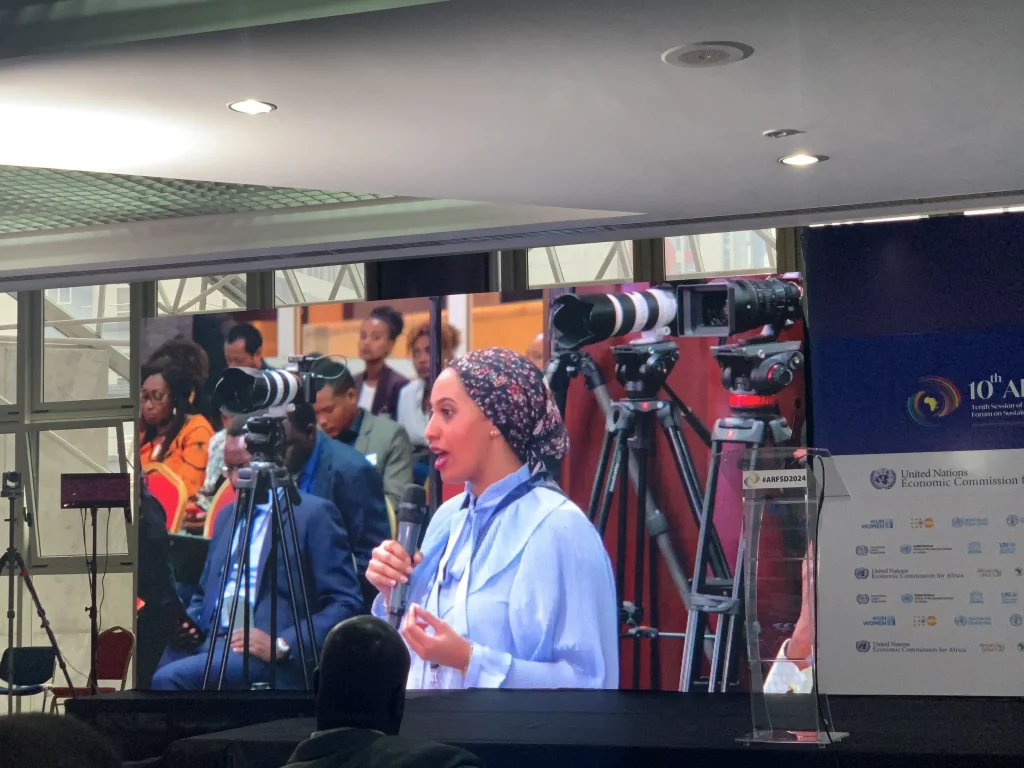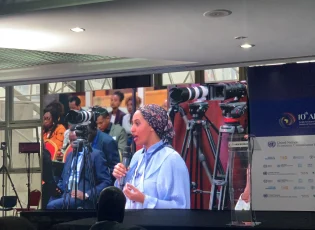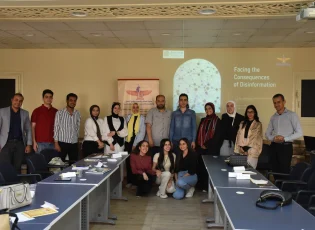Basha: The training comes in line with the national human rights strategy
Gouda: Training students is the beginning of a series of exercises to enhance cooperation between academic institutions and civil society
Maat for Peace, Development and Human Rights organized, over two days, a training course for students of the Faculty of Economic Studies and Political Science at Alexandria University in the context of spreading human rights culture among Egyptian youth.
The training, entitled "United Nations and African Human Rights Mechanisms", included several sessions to introduce students to international mechanisms for the protection of human rights, such as the United Nations Human Rights Council, and special procedures related to the protection of human rights at the international level.
In the same context, the training discussed the African efforts to protect human rights, as well as the working mechanisms of the African Commission on Human and Peoples' Rights, the terms of reference of its rapporteurs, and the mechanisms for submitting complaints to the Commission.
For his part, Abdul-Rahman Basha, deputy head of the African Affairs and Sustainable Development Unit at Maat for Peace, Development and Human Rights, stressed that the training comes to keep pace with the state’s efforts to spread a culture of human rights, especially after the launch of the National Human Rights Strategy, and that it is necessary for the political science student to be familiar with national and international human rights mechanisms, as one of the original fields of political science.
In a related context, Abdul-Latif Gouda, a researcher in the African Affairs and Sustainable Development Unit at Maat, confirmed that this training comes at the forefront of a number of trainings that Maat will implement for students of political sciences at the University of Alexandria and that Maat and the Faculty of Economic Studies and Political Science have agreed to hold a cooperation protocol in the future to enhance cooperation between the faculty as a governmental academic institution, and between Maat as a non-governmental organization.
It is worth noting that Maat pays great attention to the file of international mechanisms, as it holds consultative status at the United Nations Economic and Social Council, being a member of the General Assembly for the Economic, Social & Cultural Council (ECOSOCC) of the Africa Union (AU). Moreover, Maat serves as an Observer in The African Commission on Human and People’s Rights (ACHPR) and as a Northern African Coordinator in the major Non-Governmental Organizations (NGOs) in Africa of the United Nations Department of Economic and Social Affairs (UN DESA).




























